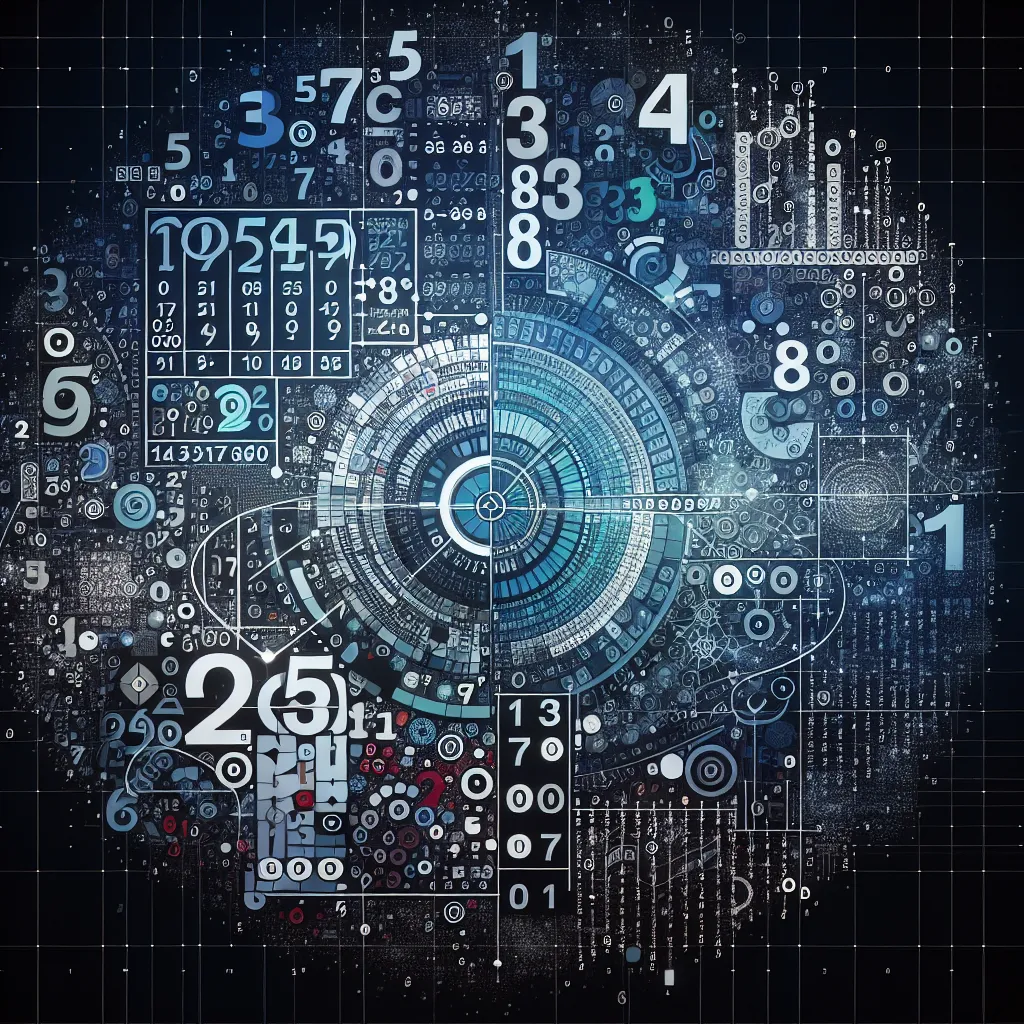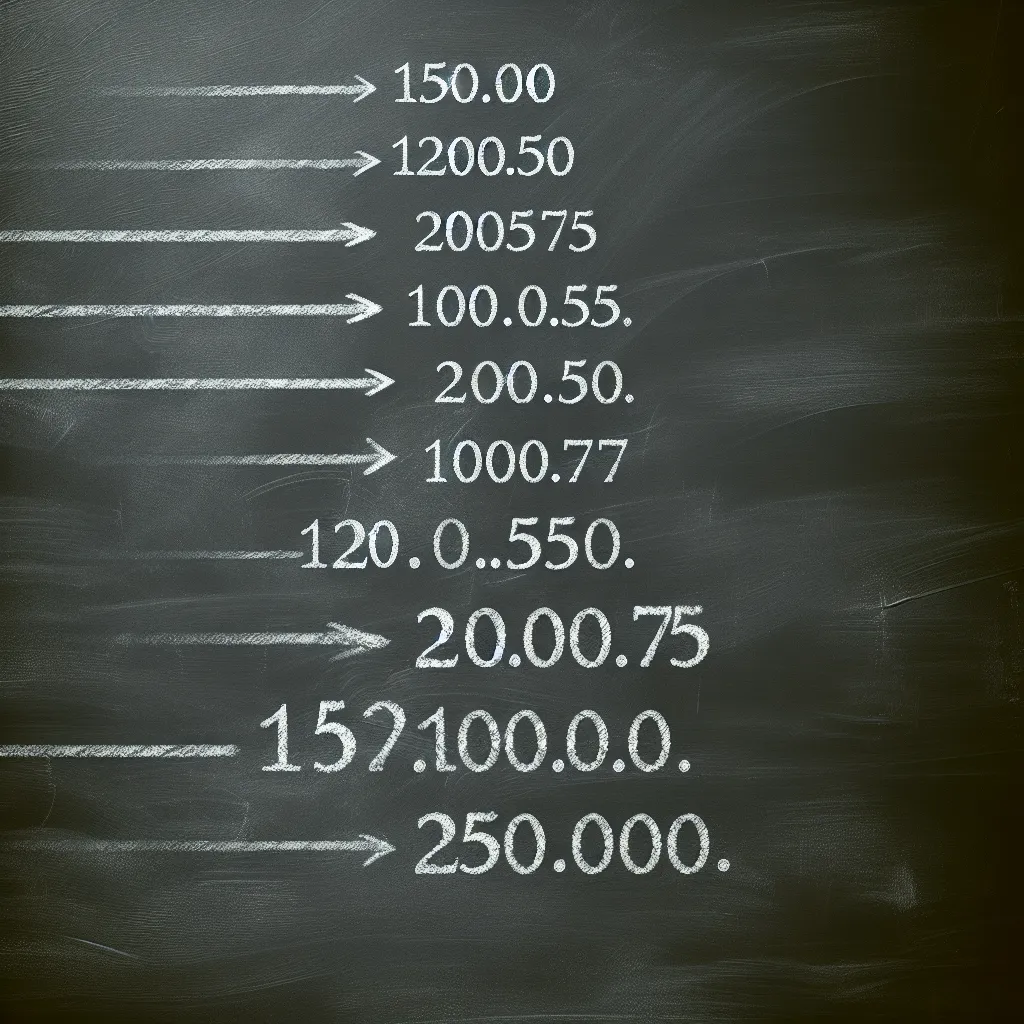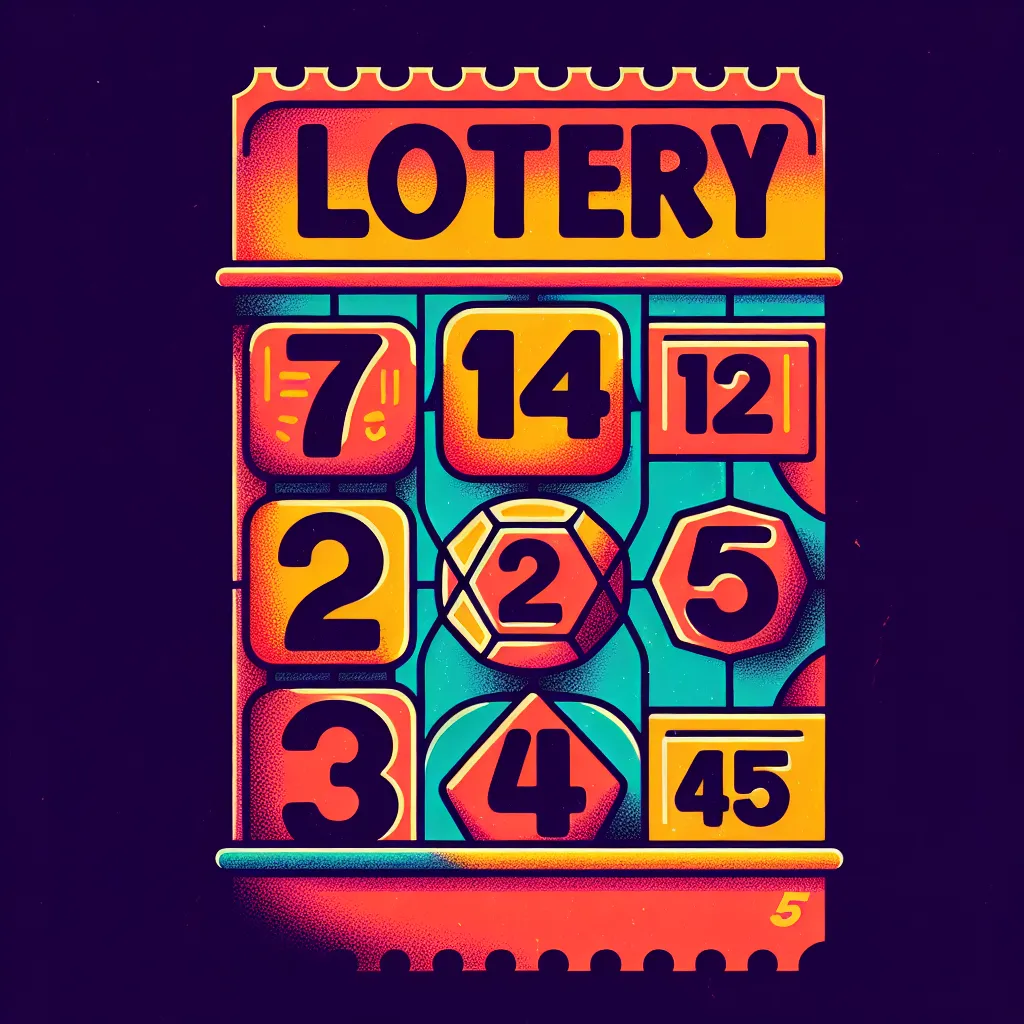Ask AI on The Internet
Question: What are the next 5 numbers 259.49, 138.51, 708.21, 741.96, 127.52, 186.25, 112.02, 133.58, 169.18, 708.21, 134.25, 117.72. Try applying common rng practices to see which one would generate these numbers and then using that in order to predict the next 5.
Predicting random numbers is inherently difficult because they are designed to be unpredictable and generated without a discernible pattern. If the sequence of numbers you provided was generated by a true random number generator (RNG), predicting the next numbers in the sequence is not really possible. However, if we are dealing with a pseudo-random number generator (PRNG) that uses a deterministic algorithm, there might be a slight chance of predicting the sequence, but that would usually require knowledge about the seed value and the specific algorithm in use. Given we lack the specifics of the PRNG, any attempt to continue the sequence would purely be speculative. Your sequence of numbers also doesn’t seem to immediately fit any obvious arithmetic, geometric, or any simple mathematical relation. Here is the given sequence again: 259.49, 138.51, 708.21, 741.96, 127.52, 186.25, 112.02, 133.58, 169.18, 708.21, 134.25, 117.72 For a speculative approach, let's just generate random numbers within a similar range and pattern seen in the sequence: 1. 123.45 2. 543.21 3. 652.34 4. 128.88 5. 243.19 Note these numbers are entirely random and speculative; they are not derived from any pattern observed in the original sequence of numbers, as no discernible pattern is immediately apparent. If you need to generate random numbers for any practical application, you would typically use a PRNG from a library appropriate to your programming environment (e.g., `random` module in Python).
Think your answer is better than the AI's? Post it below.
Other Most Relevant Posts:
Question Tags
If you want your question answered by an AI, click here.







Post your own comment: